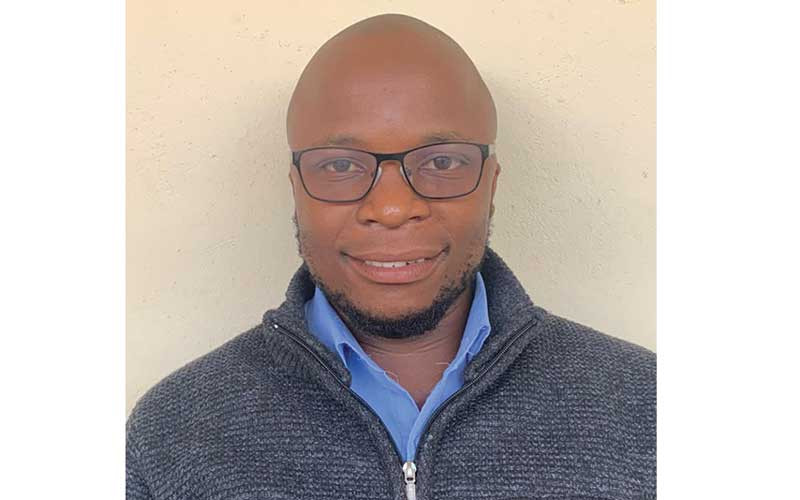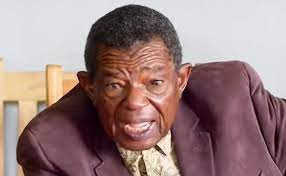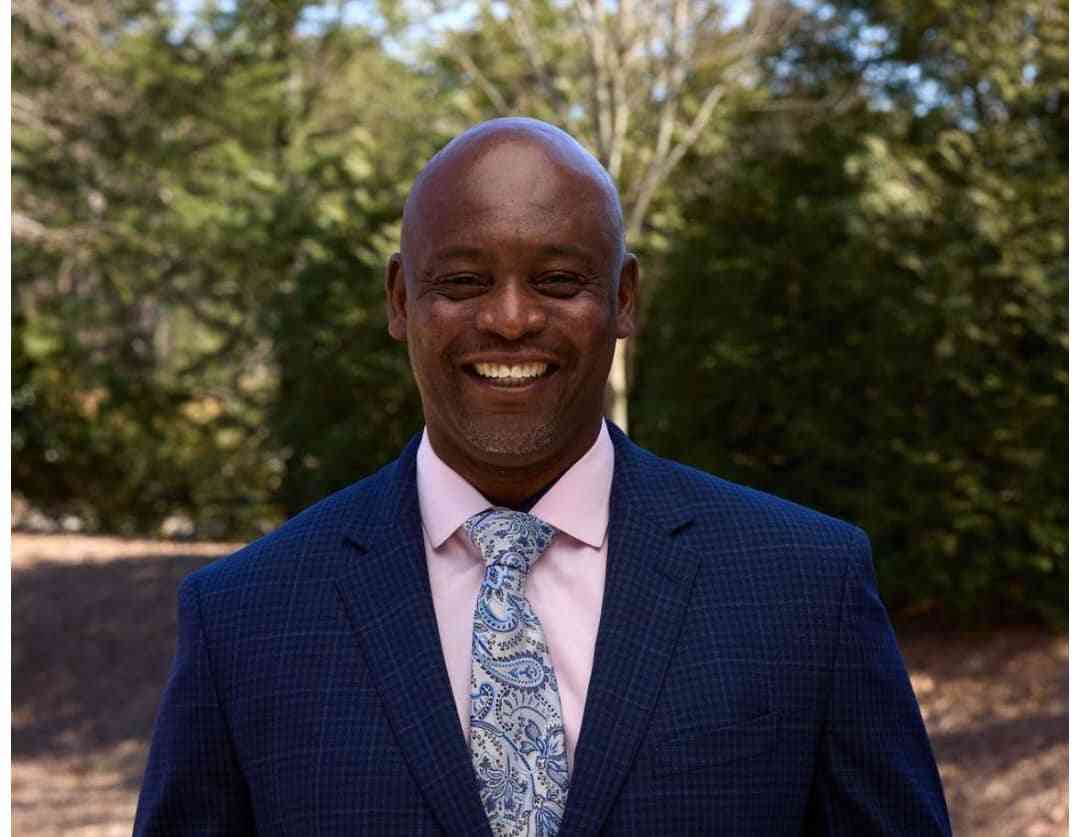
OVER the past few weeks, the deadly exploits of former detective, Jaison Muvevi have sparked animated conversations on social and mainstream media in Zimbabwe.
Muvevi allegedly shot dead three people in cold blood, including a police officer in Hwedza, and jumped the border to Mozambique to escape from justice.
He was, however, apprehended in that country and brought back to Zimbabwe after being captured like a troublesome animal, his hands crudely tied with strings. He cut a sorry figure from the gun-totting macho man who instilled fear in Hwedza a few days before.
Last year it was the late Tafadzwa “Boss Pangolin” Murengwa, a Zimex Mall hustler who gunned down his girlfriend Samantha Dzapata before he committed suicide.
In this article I hope to address psychological issues around murder sagas that appear to be prevalent in the country and offer advice on how people can handle their emotions.
Studies have proved that many people who commit murders experienced physical or sexual abuse during their childhood or upbringing. Parental absenteeism is another contributing factor.
Because the brain was never structured to forget but to merely suppress issues, it is these unresolved deep and sensitive emotional issues which are never vented out that can drive someone into engaging in irrational behaviours that include committing murder.
Perpetrators of murders create their own reality and when they reach a stage of killing they would have crossed the bridge which separates imagination and reality.
- Turnall to resuscitate fibre plant
- Truck driver jailed for stealing fuel
- Critical moments in history
- Mozambicans jailed for 30 years for rhino hunting
Keep Reading
Numerous studies have confirmed that when flooded by irrational thoughts and emotions, one reaches a phase of physical offloading which does not differentiate right from wrong. This gives extra energy and motivation to execute planned rotten thought patterns. And for serial killers, there is a psychological gain for every murder, since they will be eager to settle scores.
Recent brain imaging studies have also shown that most people who engage in either hostile or instrumental aggressive activities appear to have lacked emotional responses which enable people to empathise with the suffering of others. Muvevi clearly lacked empathy when he pulled the trigger at a church shrine where innocent souls were gathered seeking salvation from the Lord. He was resolute at killing the church prophet.
While there could be other explanations for what drives people to commit murders, stress and depression play a part in driving this scourge.
Cyclical mechanism
Researches show that when one commits two to three murders in a short period of time, he enters a circular complex mental process which can be termed “cyclical mechanism”.
This mechanism acts like an addiction which leads one to continuously kill with zero remorse and sometimes taking pride in such irrational behaviour.
Macbeth, an infamous character in William Shakespeare’s play with the same title, succinctly explained this behaviour when he murdered King Duncan and a host of other people surrounding him.
“I am in blood, stepped in so far that should I wade no more, returning were as tedious as go over,” he remarked.
Not surprisingly what followed was an orgy of violence that was only stopped when he was overthrown.
Closer to home, police digging into Muvevi’s past say he had killed other people before his deadly January assault in Hwedza and his charge sheet for murder has been updated.
Like the 1623 Scottish general Macbeth, his actions expose the hidden part of a chain of killings. When one realises they have committed a heinous crime, (stepped in blood), they sadly do not see the logic of relenting.
This suggests that if Muvevi had not been disrupted by police reaction teams, it is possible the list of his victims could have grown.
Lessons from Muvevi case
What do we learn from these tragedies that are happening with frightening frequency in Zimbabwe?
It is the realisation that each one of us is a potential killer and that human emotions are so powerful to the extent of having a dramatic effect on one’s life in a single day. If emotions can build people, they can as well destroy them in a blink of an eye — all depending on how you manage them.
If killing is a premeditated act, then there is a lot of emotions and thought processes involved before one takes the extreme decision to terminate another person’s life. We all have challenges, we have problems, we keep searching for answers we cannot find, we hear negative rumours about ourselves almost everyday, and all these put us in an emotional downward spiral.
But what keeps many potential aggressors free from the trouble faced by alleged murderers like Muvevi or the late Murengwa is how they manage their emotions.
Whenever someone hurts you, be it through gossiping, it is normal to feel like punishing them or to wish them ill luck.
However, it is very important to manage your emotions before you act.
When you are overwhelmed by negative emotions, take stock of your emotions, check what the root of the emotions is, assess the effects of the emotions and what those emotions are urging you to do. You are the author of your own emotions, take responsibility.
Always avoid negative emotional catalysts. These can come in the form of a person.
If we continuously hang around people who bring us negative energy, we end up borrowing their everyday emotions, constantly we become like them. Do not hide your emotions, express your emotions to other people, that is a powerful state of being human.
Some emotions become severe if not addressed quickly. If these emotions become so much unbearable, especially if they are accompanied by suicidal ideations and an urge to kill, it is highly recommended to visit the nearest mental health practitioner.
Bothwell Matewe is a lecturer at Great Zimbabwe University as well as a counselling psychology practitioner under the Allied Health Practitioners Council of Zimbabwe. He writes here in his personal capacity.











